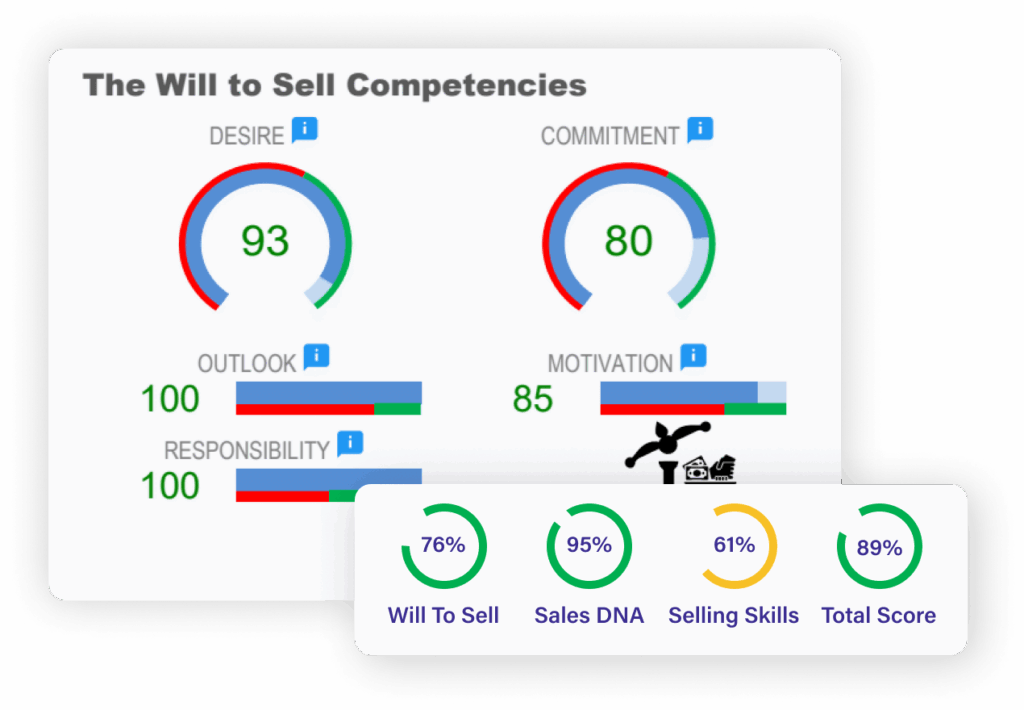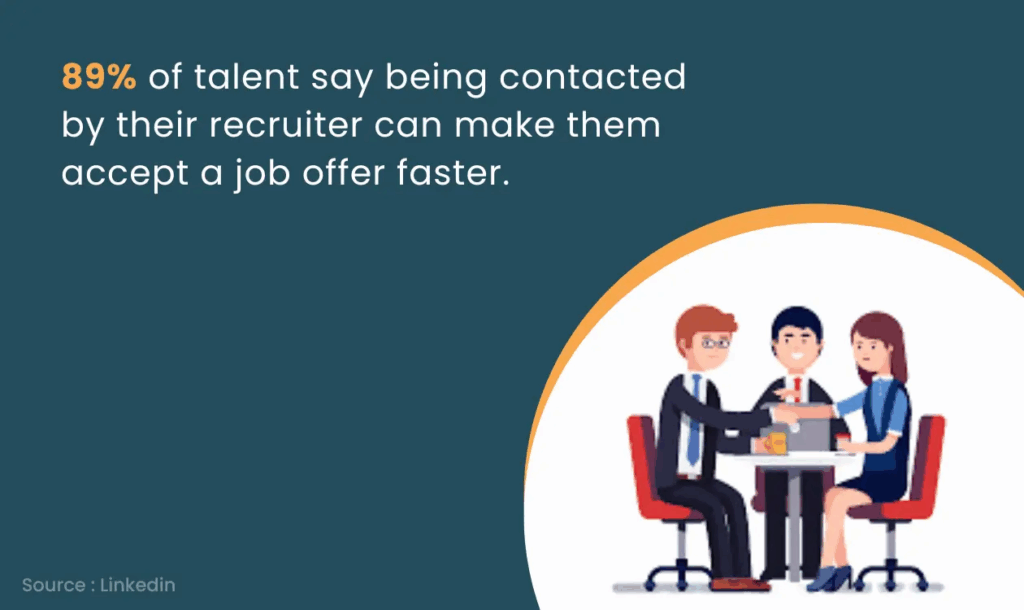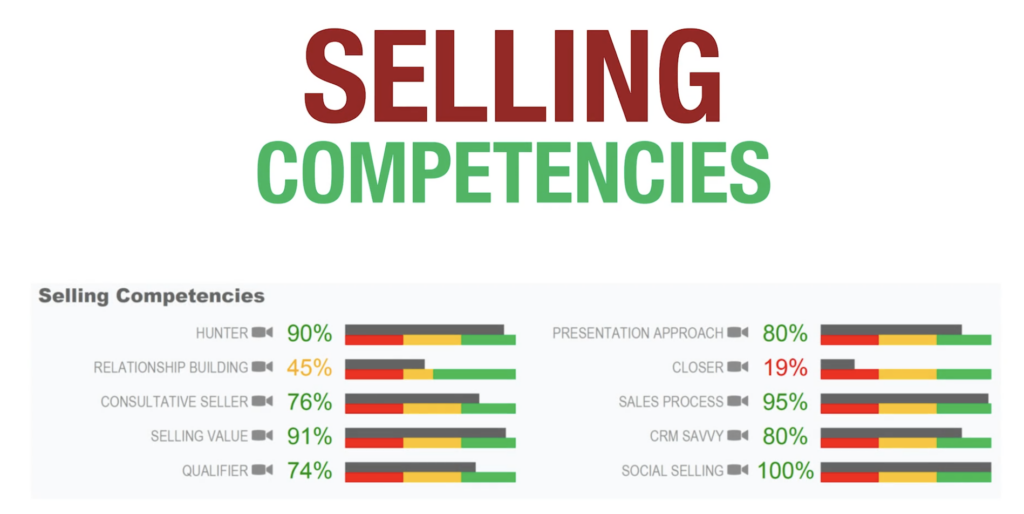There are countless twists and turns when building a SaaS company from the ground up. But you could argue that few decisions carry as much weight as making your first hires. The collective caliber of your team will impact productivity, initial sales, repeat sales, customer relationships, ROI, and the overall trajectory of your company. That’s why it’s so important to recognize the most common yet critical mistakes SaaS founders make when hiring salespeople and steer clear of them.
With that said, here’s the top five hiring mistakes to look out for.
1. Not Leveraging Concrete Candidate Data
In the past, sales recruiters had limited information to go on when assessing the talent level of potential salespeople. Sure, they could filter applicants through an ATS, look at a candidate’s resume, and check references. But there wasn’t any high-level technology that could paint a vivid picture of a candidate’s true abilities from every angle.
Fortunately, that’s changed recently, and SaaS recruiters can now use a wide range of cutting-edge recruiting tools that provide concrete, objective data on each candidate so they can make data-driven decisions 100% of the time. For instance, the Sales Skills Assessment lets you gain full visibility of each candidate’s strengths and weaknesses, analyze 21 core competencies, and quantify everything from desire and commitment to motivation and selling skills.
And while a certain level of instinct can sometimes help in the candidate selection process, it’s not wise to rely solely on a hunch. But what’s crazy is that as many as 90% of SaaS sales recruiters still rely on intuition when hiring.
Because of the ubiquity of this outdated strategy, I’ve chosen to list not leveraging concrete candidate data as the number one mistake SaaS founders make. And fortunately, it’s a mistake that can be easily avoided with the right tool.
2. Being Swayed By Charisma Over Ability
Here’s a common scenario that often results in a less-than-ideal hire. The SaaS sales recruiter interviews a candidate who has off-the-charts charisma and says all the right things. The recruiter is so captivated that they go ahead and pull the trigger, deciding to hire the candidate rather than fully considering alternatives, simply because of their charm.
However, after some time passes, the company realizes that the candidate’s charm in the interview doesn’t translate into performance in a real-world setting.
This is a trap that’s easy to fall into because 1) we naturally tend to prefer charismatic people, and 2) a certain level of charisma can be helpful in sales. However, this can be detrimental long-term if a recruiter primarily bases their decision on charm rather than true credentials.
That’s why, again, it’s so important to use objective data and look at the big picture when making hiring decisions.
3. Not Keeping Candidates in the Hiring Loop
Sometimes it may feel like the SaaS sales recruiter has all the leverage when hiring. And there are certainly many situations when that’s the case. But when it comes to hiring top talent (which is what you’re usually trying to do), you can easily miss out on golden opportunities simply because of a lack of communication.
Say, for example, you get a little lax about keeping shortlisted candidates updated on an interview or what to expect next. They may sour and look elsewhere, especially when they know they’re skills are in high demand.
We wrote a previous article called 89% of Sales Candidates Accept Job Offers of the First Recruiter Who Contacts Them: How to Leverage This for Winning Top Talent, which covers this concept in-depth.
In it, we mentioned how frustrating it can be for candidates when they deal with unresponsive recruiters who don’t keep them in the loop. For perspective, 57% of people say it’s the most frustrating part of the job search.
And nearly 25% of candidates lose interest if a recruiter goes more than one week without contacting them after the first interview, while 46% lose interest in the one-to-two week range. The bottom line is that failing to maintain proper communication can be toxic to your SaaS sales hiring and should be a top priority for winning the talent war.
4. Not Taking Cultural Fit Into Consideration
It may sound a little cliché, but creating a strong culture truly is essential for building a thriving SaaS company. Even if you hire a high-octane salesperson who wins in all the right areas, the impact will likely be marginalized if they don’t fit in with your culture. It’s like trying to force a square peg into a round hole.
At best, it may lead to minor friction. But in more severe situations, it can create ongoing conflicts that disrupt daily operations, lead to premature turnover, and diminish the customer experience.
That’s why it’s important to fully crystallize your company culture when hiring and look for candidates with values that align with it.
5. Not Properly Onboarding
When hiring an elite salesperson, it’s common to think that they’ll “just figure it out” and seamlessly sync into their role. But even the most capable reps need strong onboarding to truly thrive.
From understanding macro/micro goals to assembling the right tech stack to knowing your strategy behind delivering a seamless product demo, it’s crucial that new reps have a firm foundation. If you’re looking for a straightforward way to optimize onboarding for the first 90 days, check out this previous post we wrote about the blueprint for new hire success.
Avoiding the Most Common Mistakes SaaS Founders Make
Hiring quality salespeople is one of the most essential parts of building a successful SaaS company. It’s also one of the trickiest, especially if it’s your first time doing it. By understanding the most common pitfalls SaaS sales recruiters make, you’ll be better equipped to navigate the process and build an elite sales team right off the bat.
Ready to make smarter, data-driven hiring decisions? Use the Sales Skills Assessment, which predicts future sales success with 95% accuracy.





